5 Great Reasons to Drink Tea Instead of Coffee
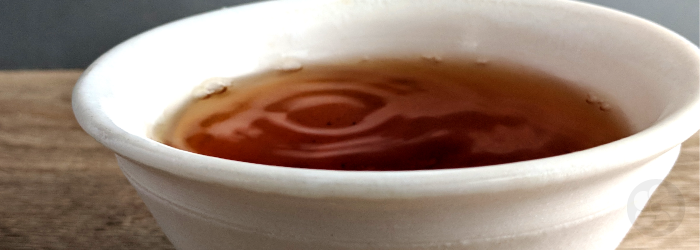
Do you depend on a daily cup of coffee to get out of bed in the morning? Maybe you need another by the time you get to work, and another after lunch to power through the afternoon slump. By the end of the day, coffee consumption can really add up. Coffee shop concoctions or high quality beans come with a high price tag, milk and sugar in many coffee drinks add extra calories, and high levels of caffeine can disrupt sleep (and send you reaching for the coffee pot again tomorrow morning).
There’s nothing wrong with enjoying a cup of coffee, but cutting back a bit can help avoid building a caffeine tolerance, and keep it feeling like a treat, instead of a necessity. Here are five good reasons to choose a cup of tea over a cup of coffee, especially if it’s the third latte of the day.
1. Explore New Flavors
While coffee can certainly exhibit a range of flavor profiles, the processing steps used to take coffee beans from raw to finished product arguably leave less room for flavor variations. While both tea and coffee can develop diverse flavors in response to terroir and roasting methods, teas can also vary dramatically based on harvest date and levels of oxidation.
Oxidation, in fact, is the one step in tea processing that has the biggest influence on the finished product, creating the difference between all major types of teas, from delicate greens to bold and hearty black teas. With a recorded history of cultivation that stretches back over a thousand years, tea producers have had plenty of time to develop an incredible range of natural flavors.
Learn more about the range of oxidation in this video:
2. Avoid the Caffeine Jitters
Even though a tea leaf actually contains more caffeine than a coffee bean, the difference in brewing methods means a cup of tea has much less than a cup of coffee. While a cup of coffee requires about 10 grams of finely ground beans, we recommend 3-5 grams of whole tea leaves for an optimal brew of most teas. Not only do we use fewer leaves per cup, the fine particles of coffee release caffeine more quickly than whole leaves with less exposed surface area.
All this means that a cup of coffee can contain more than ten times as much caffeine as a cup of tea. Exact amounts vary depending on tea style and brewing method, but it’s safe to say that a cup of tea is much less likely to give you the jitters or disrupt sleep.
Learn more about caffeine in coffee and tea >>
3. Improve Focus
While we often look to coffee to improve energy levels during the day, high levels of caffeine can also disrupt focus. The high octane energy boost from coffee can make it hard to sit still or perform precise work.
Along with lower doses of caffeine, tea also contains L-theanine, an amino acid that has been found to promote relaxation without drowsiness. The unique combination of caffeine and L-theanine found in tea has contributed to popularity as a meditation aid throughout history, as well as tea’s worldwide popularity.
Learn more about the the unique properties of L-theanine >>
4. Simplify the Prep Process
Coffee isn't always difficult to brew, but even the simplest methods require specialized equipment like pour over cones, electric coffee pots, and coffee filters. For high quality flavor, things get even more complicated, with specially designed tools for grinding beans and expensive machinery for methods like making espresso. The proliferation of coffee shop chains is enough to prove that many people are looking for a more convenient method.
The brewing method for tea, on the other hand, is significantly simpler no matter the quality of the cup. It may seem like nothing could be easier than dropping a tea bag in a mug of hot water, but brewing high quality, whole leaves can be even easier. Whether it is “grandpa style” in a tea bowl, using a simple brewing tool like an infuser basket, or brewing in a seperate cup for a quick gong fu process, almost every method of brewing tea is easier than brewing a good cup of coffee.
Learn more about how simple brewing can be in this video:
5. Spend Less Per Cup
Along with delivering less caffeine per cup, using fewer grams of tea per cup also means that a stash of high quality tea will last longer, especially since each serving of whole leaves can be brewed more than once in short infusions. In fact, many tea drinkers prefer the second and third brews over the first, since the leaf opens up to release fuller flavor in later brews. A single serving of tea leaves can be enough to last all day.
Find tips for making the most of multiple infusions >>
A high quality, responsibly sourced coffee generally costs at least $15 per pound, and will make 45 cups using 10 grams of beans for each, coming out to roughly $0.33 per serving. To compare, a quarter pound of everyday black tea sold at $15 per quarter pound will yield about 28 servings of dry leaves at 4 grams each, which can be brewed at least three times. This brings the total cost of each cup down to just $0.18.
>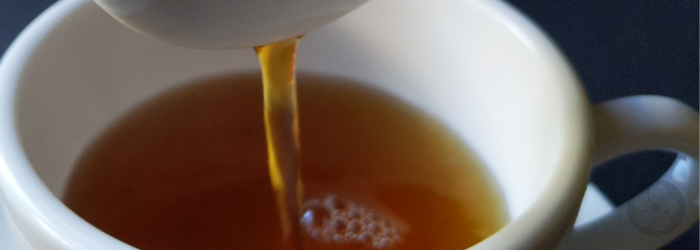
Even if tea doesn’t replace that first cup of coffee in the morning, sipping a cup of high quality tea instead of an expensive coffee drink in the afternoon helps us stay focused, reduces caffeine dependance, and improves sleep. Do you think it’s worth a try?
Check out these five teas coffee drinkers will love >>
Let us know in the comments below if you’ve replaced some or all of your coffee with tea!
Sign up for our newsletter to get blog updates in your inbox!



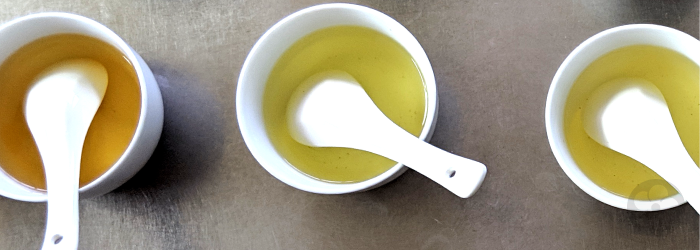

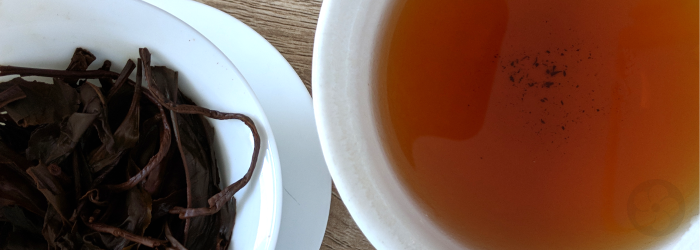
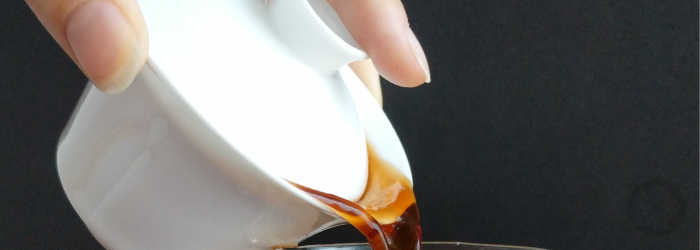
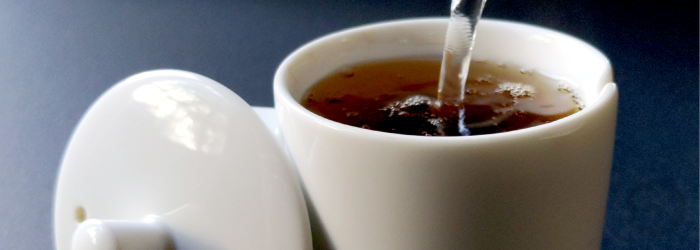
Comments on this post (0)